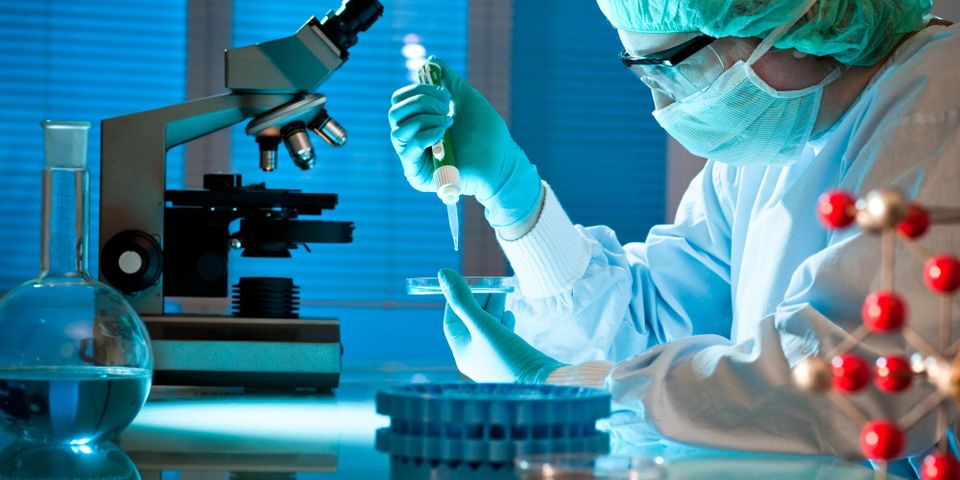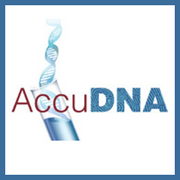
When it comes to biological relatives, questions that go unanswered can have a big impact on an individual’s life. DNA relationship testing is the most accurate way to answer these questions and determine biological relationships between individuals. Below are descriptions of four types of DNA testing that can help determine genetic relationships.
Relationship Testing Types
1. Siblingship Testing
There are three subcategories of siblingship testing: fully related vs. unrelated, fully related vs. half-related, and half-related vs. unrelated. The first is to determine if two individuals share both parents or no parents. The second type determines if two individuals with the same mother also share the same father, while the final type shows if two individuals with different mothers have the same biological father.
2. Paternity Testing
There are 2 types of paternity testing: postnatal and prenatal. Postnatal testing is achieved through a buccal (cheek) swab or blood sample after the child is born, and prenatal testing is done while the fetus is in utero.
 Non-invasive prenatal paternity tests require a sample of the mother’s blood and a buccal sample from the alleged father, and the results are more than 99% accurate.
Non-invasive prenatal paternity tests require a sample of the mother’s blood and a buccal sample from the alleged father, and the results are more than 99% accurate.
3. Avuncular Testing
If the father is unable or unwilling to provide a DNA sample for a paternity test, then the siblings of the alleged father can be tested to see if they share the same DNA markers as the child. In this type of relationship testing, a sample is taken from both the child and a full sibling of the alleged father. It’s preferred that the mother’s DNA is collected as well to rule out her genetic markers from ones that were inherited by the father.
4. Grandparentage Testing
If avuncular testing or the father’s DNA aren’t available, the alleged father’s parents can be tested to determine their relationship to the child. One or both parents can be tested to see if they share the same paternal markers as the baby, establishing a direct line of biological relationships. When DNA testing is done with the mother’s DNA and both grandparents’ DNA, the results are over 99% accurate.
Establish your genetic relationships with relationship testing through AccuDNA in St. Louis, MO. Since 2005, they’ve been helping clients answer questions about their parentage or child’s parentage through their accurate DNA testing services, including siblingship, grandparentage, avuncular, and paternity testing. Browse their services online, or schedule an appointment by calling (314) 845-9997. They’ll guide you on which test you need for your situation.
About the Business
Have a question? Ask the experts!
Send your question

